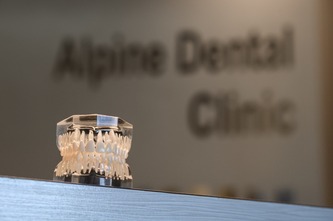Ultimate Guide To Teeth Cleaning
Everything You Need To Know About Cleaning Teeth
Maintaining optimal oral health goes beyond daily brushing and flossing; it also involves regular professional teeth cleanings. In this comprehensive guide, we’ll cover everything you need to know about teeth cleaning, from its importance to specific considerations for different age groups and special conditions.
The Importance of Regular Teeth Cleaning
Regular teeth cleaning is crucial for maintaining good oral health. It helps remove plaque and tartar buildup that cannot be eliminated by brushing and flossing alone. This preventive measure is essential in preventing dental problems such as cavities, gum disease, and bad breath. Additionally, routine cleanings can help detect early signs of oral health issues, allowing for prompt treatment and better outcomes.
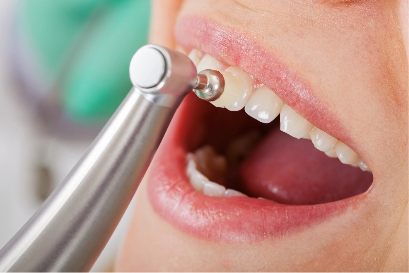
What Happens During a Teeth Cleaning Appointment?
During a teeth cleaning appointment, your dental hygienist will perform several steps to ensure your teeth and gums are thoroughly cleaned:
- Examination: A small mirror is used to check around your teeth and gums for any signs of inflammation or other potential concerns.
- Scaling: Using a scaler, the hygienist removes plaque and tartar from around your gum line and between your teeth.
- Polishing: After scaling, your teeth are polished with a gritty paste to remove surface stains and smooth your teeth.
- Fluoride Treatment: Finally, a fluoride treatment is applied to help protect your teeth from cavities for several months.
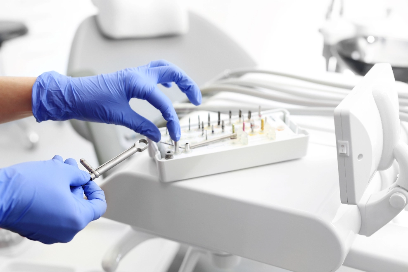
Benefits of Professional Teeth Cleaning
Professional teeth cleanings offer numerous benefits:
- Removal of Plaque and Tartar: These substances are difficult to remove with just brushing and flossing.
- Prevention of Bad Breath (Halitosis): Regular cleanings help keep your breath fresh.
- Early Detection of Oral Health Issues: Dentists can spot early signs of problems such as cavities and gum disease during cleanings.
Difference Between Teeth Cleaning and Teeth Whitening
It’s essential to differentiate between teeth cleaning and teeth whitening. Teeth cleaning focuses on removing plaque, tartar, and stains from the teeth to maintain oral health, while teeth whitening is a cosmetic procedure aimed at lightening the color of the teeth. Cleaning is necessary for oral health, whereas whitening is optional and purely for aesthetic purposes.
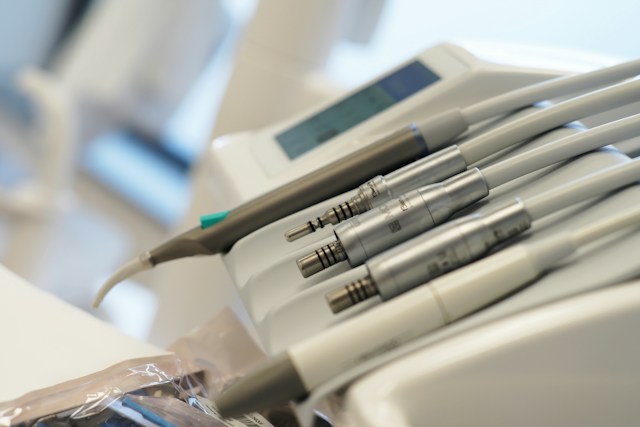
How Often Should You Get Your Teeth Cleaned?
The general recommendation is to have your teeth professionally cleaned every six months. However, the frequency may vary based on individual factors such as smoking, diabetes, or a history of gum disease. Your dentist can provide personalized advice on how often you should schedule cleanings.
At-Home Dental Hygiene Tips
Maintaining good oral hygiene between professional cleanings is vital. Here are some tips:
- Brush Twice Daily: Use fluoride toothpaste and brush for at least two minutes.
- Floss Daily: This helps remove plaque and food particles between teeth.
- Limit Sugary Foods and Drinks: These can contribute to tooth decay.
- Eat a Balanced Diet: Foods rich in vitamins and minerals support oral health.
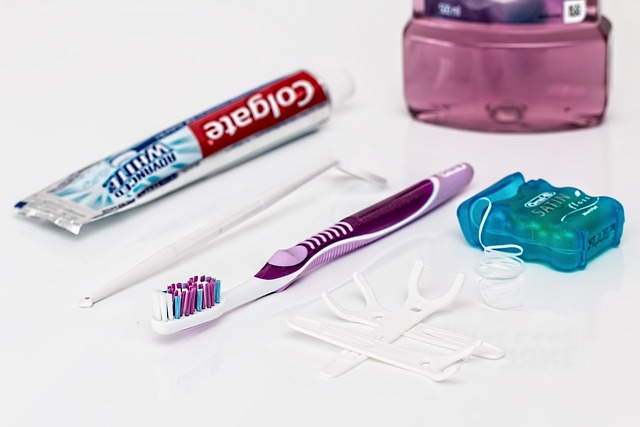
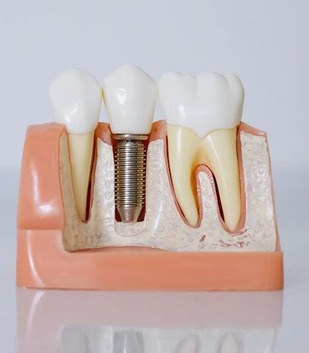
Risks of Skipping Regular Cleanings
Neglecting regular cleanings can lead to several oral health issues:
- Tooth Decay and Cavities: Plaque buildup can lead to cavities.
- Gum Disease: Tartar can cause gingivitis and periodontal disease.
- Bad Breath: Poor oral hygiene can result in chronic bad breath.
- Overall Health Issues: Poor oral health is linked to systemic conditions such as heart disease and diabetes.
For Children: Importance of Early Dental Visits
Early dental visits are crucial for establishing good oral hygiene habits in children. Regular cleanings help prevent cavities and ensure the healthy development of teeth. Tips for parents include making dental visits a positive experience and teaching proper brushing and flossing techniques.
Teeth Cleaning for Seniors
Older adults have unique oral health needs. Regular cleanings are essential to address issues such as dry mouth, gum disease, and tooth loss. Seniors should follow their dentist’s advice on maintaining oral health and consider more frequent cleanings if necessary.
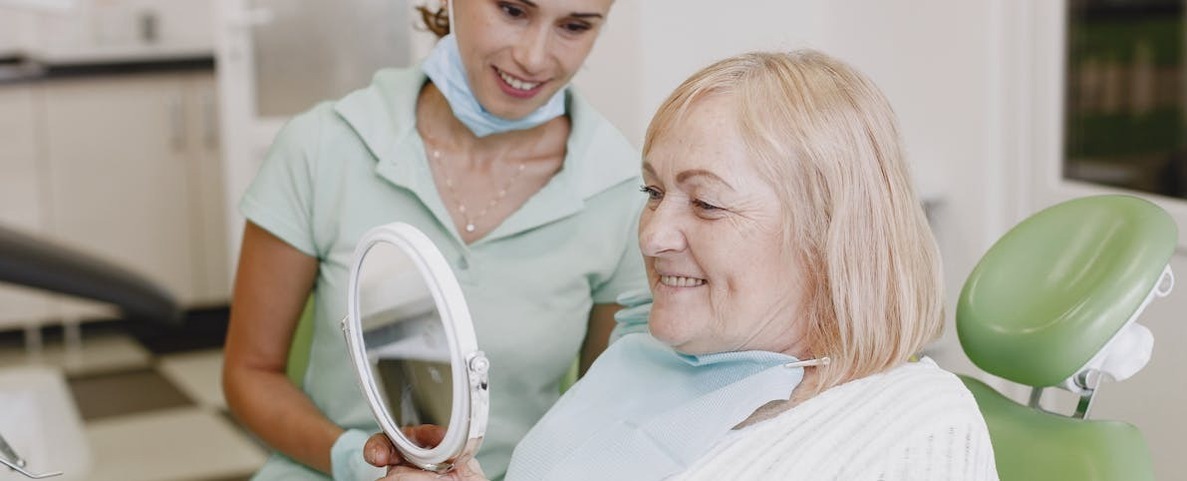
Teeth Cleaning for People with Braces
Cleaning teeth with braces requires special attention. Use interdental brushes and floss threaders to remove plaque and food particles around brackets and wires. Maintaining oral hygiene during orthodontic treatment is crucial to avoid complications such as cavities and gum disease.
Debunking Common Myths About Teeth Cleaning
There are several misconceptions about teeth cleaning:
- “Cleanings Weaken Teeth”: Cleanings do not weaken teeth; they help maintain oral health.
- “Flossing Is Unnecessary”: Flossing is crucial for removing plaque and preventing gum disease.
- “Only Need to Visit the Dentist When There’s a Problem”: Regular visits help prevent problems before they start.

Choosing the Right Dentist for Your Teeth Cleaning
When selecting a dental practice for your cleanings, consider the following:
- Professionalism and Comfort: Choose a dentist who makes you feel comfortable and confident in their care.
- Recommendations and Reviews: Look for positive feedback from other patients.
- Convenience: Consider the location and hours of the practice.
Teeth Cleaning at Alpine Dental Clinic
Regular teeth cleanings are a vital part of maintaining your oral health. By understanding the process, benefits, and how to maintain good dental hygiene, you can ensure a healthy, beautiful smile for years to come.
Here at Alpine Dental Clinic, we believe in prevention first. That’s why our clients receive the best in teeth cleaning and teeth cleaning advice.




 Monday – Friday 8AM – 4PM
Monday – Friday 8AM – 4PM